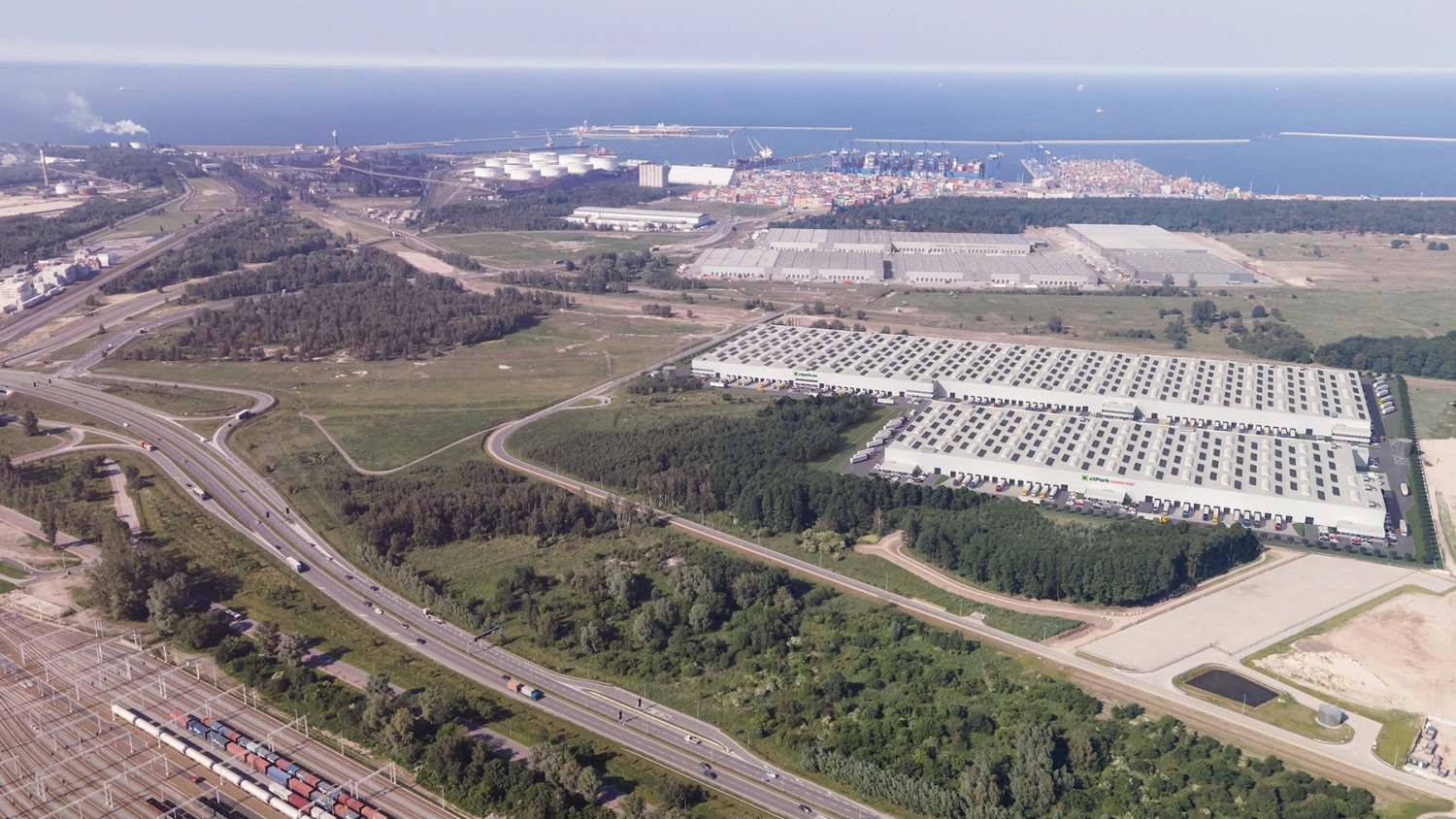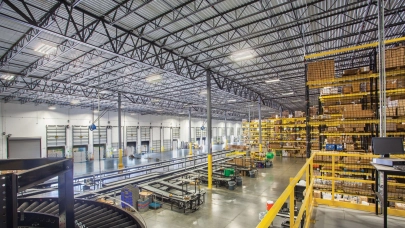
Europe’s share of semiconductor production will need to more than double to reach the EU Chips Act’s target of 20% of global output by 2030, which will also generate demand for warehouse space across the continent.
Savills’ experts suggest that more than 10.8 million sqm of warehouse demand will be generated over the next seven years by investments in semiconductor fabrication labs, for which the EU has a budget of €43 billion.
In the next decade, the semiconductor market will be boosted by investments in AI, electric vehicles, cloud computing and automation. Furthermore, if the EU successfully increases its share of semiconductor production as set in the EU Chips Act, then it is expected to create an additional 1.6 million jobs in direct and indirect employment, generating 4.2 million sqm of demand for logistics space from consumer spending.
“Poland is an excellent location for international businesses and a `gravity center` for logistics serving Western and Central-Eastern Europe, as well as the Baltic countries. Semiconductor production, previously concentrated in Asian markets, is now shifting to Poland. We can already see the first investments of this kind, including Intel’s planned facility, which is expected to create jobs for over 2,000 people,” said Katarzyna Pyś-Fabiańczyk, Director of Industrial Services Hub at Savills.
Intel’s investment will serve as a catalyst for further development of the entire technological innovation environment in the Lower Silesia region, added Paweł Kurtasz, President of the Board of the Polish Investment and Trade Agency. The company will invest $4.6 billion in a semiconductor assembly and test plant in Poland. Intel has an operational wafer fabrication site in Ireland and plans a similar one in Germany.



